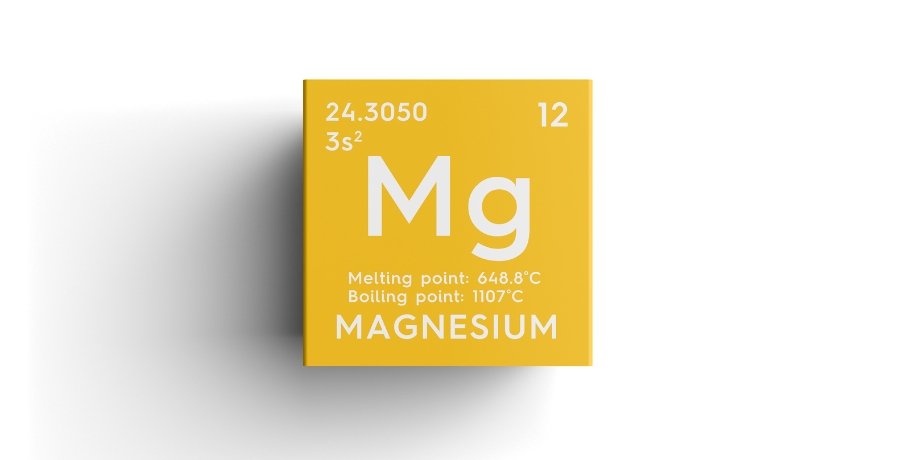
Magnesium is an essential mineral that plays a crucial role in many of the body's biochemical processes, including muscle relaxation, nerve signalling, and energy production. But is there a specific type of magnesium that is particularly beneficial to take in the evening? In fact, certain forms of magnesium, such as magnesium glycinate and magnesium taurate, are especially good for promoting a relaxing and calming effect that can aid sleep. These forms of magnesium bind to amino acids like glycine and taurine, which naturally have calming properties, making them excellent choices for evening use.
Why should you take magnesium in the evening?
Magnesium has been shown to have a positive effect on sleep quality, which is one of the reasons why many people prefer taking it in the evening. Research indicates that magnesium can regulate neurotransmitters and melatonin, the hormone that governs the body's circadian rhythm and sleep cycle. By supporting melatonin production, magnesium helps the body prepare for rest.
Another reason to take magnesium in the evening is its ability to reduce muscle tension. Many people find that magnesium has a muscle-relaxing effect, which can help relieve cramps and muscle tightness that might otherwise disrupt sleep. Additionally, magnesium acts on certain receptors that calm brain activity. These receptors promote relaxation and tranquillity, making magnesium an excellent supplement for improving sleep quality.
How does magnesium affect the body in the evening?
Biochemically, magnesium plays a key role in more than 600 enzymatic reactions in the body. When taken in the evening, magnesium works by binding to receptors in the brain that have a calming effect on the nervous system. This helps reduce nervous activity and fosters a sense of calm and relaxation.
Magnesium also affects the muscles by regulating calcium flow into and out of muscle cells. When calcium binds to muscle cells, the muscles contract, while magnesium helps release calcium from the cells, leading to muscle relaxation. This is particularly beneficial for preventing nighttime muscle cramps and twitches that can disturb sleep.
Moreover, magnesium can lower cortisol levels, the body's stress hormone. High cortisol levels are often a contributing factor to insomnia and poor sleep quality. By regulating cortisol levels, magnesium helps reduce stress and anxiety, making it easier to fall asleep.
How much magnesium should you take in the evening?
The recommended daily dose of magnesium varies depending on age, gender, and individual needs. For adults, the average recommendation is between 300–400 mg per day. When taken in the evening to promote sleep and relaxation, a dosage of 100–200 mg may be sufficient, depending on individual needs and tolerance.
It’s important to choose the right form of magnesium for evening use. Magnesium glycinate and magnesium taurate are the most bioavailable and are easily absorbed by the body, making them ideal for promoting relaxation and improving sleep. Magnesium oxide, on the other hand, is less bioavailable and primarily acts as a laxative, making it a form of magnesium we never recommend. Magnesium M4, our finest magnesium supplement, contains glycinate, malate, citrate, and taurate.
One should also be cautious about overdosing. Excessive magnesium intake can lead to side effects such as diarrhoea, nausea, and stomach discomfort. Therefore, it’s best to start with a lower dose and gradually increase it until you find the amount that works best for you. Following dosage instructions rarely leads to problems.
What is magnesium?
Magnesium is a mineral that is a vital component of cells, bones, and muscles. If you want to learn more about how magnesium works, you can read more in our guides.
